2022 Legislative Scorecards
The Chamber values our partnership with elected officials as we work together to create jobs, develop workforce, and build communities. Every year the Chamber’s board of directors adopts a State and Metro Legislative Agenda based on issues identified by our members in our annual policy survey. These agendas are shared with state and local elected officials.
2022 State Legislative Scorecard
The following scorecard reports how elected leaders voted on the Chamber’s priority State legislative areas. See how legislators in the House and Senate voted on the following issues.
Tennessee Investment in Student Achievement
Governor Bill Lee passed the first change in thirty years to Tennessee K-12 education funding called the Tennessee Investment in Student Achievement Act or TISA. The Governor proposed this change in the summer of 2021, pulling together eighteen subcommittees of community leaders, stakeholders, students, teachers, and system participants to help craft his administration’s top priority. The Nashville Chamber participated as a subcommittee member and advocated for changes in the bill to benefit students in and around the Metro Service Area. The bill passed with changes lobbied by the Chamber that allowed the formula to account for the higher cost of living in the Midstate and included a definition of economically disadvantaged students. The bill adds more than a billion dollars of new funding to the state’s education system. Further, the bill adds transparency to the school funding formula and some much-needed accountability metrics tied to the new recurring funding.
Chamber Position
The Nashville Chamber supported this legislation to bring fundamental change to the funding structure that supports Metro Nashville Public Schools (MNPS) as well as the surrounding counties’ school systems. A strong K-12 system is the foundation of a capable workforce and is key to the Chamber’s mission to create economic prosperity through community leadership.
Status
The General Assembly acted in support of the Nashville Chamber’s position. The bill (SB2396 / HB2143) has been signed into law as Public Chapter 966.
State Bonding of Covered Stadium in Nashville
This year’s financial legislation included state-issued bonds to the Metropolitan Government of Davidson County in the amount of $500 million, specifically for building a domed stadium in Davidson County. The state would be responsible for the debt service on the bonds. Should the stadium not be built, the bonds would not be issued, and the debt would not be incurred.
Chamber Position
The Nashville Chamber supported this legislation for debt service bonds to be issued to the Metropolitan Government for the purposes of building a domed stadium.
Status
The General Assembly acted in support of the Nashville Chamber’s position. The bond was issued to the Metropolitan Government not to exceed the 2.5% interest rate, and the legislation (SB2901 / HB2886) became Public Chapter 1133.
Authorization to Raise Hotel-Motel Tax
This legislation authorizes the Metro Council of the Metropolitan Government of Nashville to raise the tax attached to hotel and motel occupation under 60 days in Davidson County up to one percent for the express purposes of funding a domed stadium in Davidson County.
Chamber Position
The Nashville Chamber supported this legislation brought by the hospitality industry to support the construction of a domed stadium in Nashville. This legislation empowers the local government to raise funding from the hospitality industry for a public-private partnership that will benefit the region and the hospitality industry.
Status
The General Assembly acted in support of the Nashville Chamber’s position. The bill (HB681 / SB421) was signed into law as Public Chapter 1046.
Extensions of Liability Protections for COVID-19
This legislation extended the liability protections offered to private businesses from claims against a person for loss, damage, injury, or death arising from COVID-19 until July 1, 2023.
Chamber Position
The Chamber supported this legislation.
Status
The General Assembly took action to support the Nashville Chamber’s position. The bill (SB2448 / HB2671) has been signed into law as Public Chapter 1117.
Professional Workforce Reform
This legislation allows for an immediate increase in the professional workforce in Middle Tennessee. Due to an antiquated definition, workers with legal immigration status could not apply for a professional Tennessee license. Updating the Tennessee code to reflect the changes made at the federal level allowed for more than 24,000 workers across the state to seek licensure. 7,000 workers in the Midstate can now be licensed to the full extent of their education and training and receive a professional license in Tennessee if they meet the qualifications.
Chamber Position
The Nashville Chamber supported this bill as it added much-needed workforce availability in the Mid-state very quickly.
Status
The General Assembly took action to support the Nashville Chamber’s position. The bill (SB2464 / HB2309) was signed into law as Public Chapter 911.
Expanding the TN Promise
This legislation expands Tennessee Promise Scholarship eligibility to students who graduate early from an eligible high school, who complete high school at an eligible home school early, or who obtain a GED® or HiSET® diploma before they are immediately enrolled and accepted into a postsecondary program.
Chamber Position
The Nashville Chamber supported this bill as it increases access to post-secondary education and supports deep prosperity and economic inclusion.
Status
The General Assembly acted in support of the Nashville Chamber’s position. The bill (SB2631 / HB2436) has been signed into law as Public Chapter 1125.
Aligned Accountability in MNPS
Following the board’s charter for greater Nashville Schools, the Nashville Chamber brought legislation that would have aligned accountability in MNPS and Shelby County Schools with the county mayor. The mayor would have been given the authority to appoint the school board, set the budget, and ultimately be held responsible every four years for its performance.
Chamber Position
The Nashville Chamber brought and supported this bill.
Status
After passing through its assigned House subcommittee, the House sponsor took the bill (SB 2021 / HB 2092) off notice, ending its chance for passage this session.
Raising the Signature Threshold for a Public Referendum
Every chartered form of government in the State of Tennessee, except Davidson County, has a recall, referendum, and petition threshold of fifteen percent of the registered voters. The Davidson County Metropolitan government has a confusing and often litigated threshold of ten percent of the last countywide elections. The Nashville Chamber brought forth legislation that proposed to bring Davidson County in compliance with every other charter form of government in Tennessee.
Chamber Position
The Nashville Chamber brought and supported this bill.
Status
The House passed the legislation (SB2544 / HB2277), and it was defeated in the Senate.
Broadband Maximization Act
The Governor proposed dedicated funds in this year’s budget to address infrastructure needs across the state. The greatest need was for additional resources dedicated to expanding the broadband footprint. This legislation specifically exempted sales and use tax on purchases and leases of all equipment, machinery, software, ancillary components, accessories, or other infrastructure used to produce broadband communications services or internet access. The new exemption does not apply to the retail sale of personal consumer electronics, such as smartphones, computers, or Wi-Fi- routers.
Chamber Position
The Nashville Chamber supported the legislation because of the increase in access to broadband throughout Middle Tennessee and the state. Access to reliable, affordable internet is a critical factor in employment, education, economic inclusion, workforce development, and regional prosperity.
Status
The General Assembly acted in support of the Nashville Chamber’s position. As a result, the bill (SB2480/HB2608) has been signed into law as Public Chapter 1102.
2022 Metro Legislative Scorecard
The following scorecard reports how elected leaders voted on the Chamber’s priority Metro legislative areas. See how Metro Council members voted on the following issues.
Amending Medical Care Benefits for Pensioners (OPEB)
BL2021-781 amended Title 3 of the Metro Code relative to medical care benefits for pensioners. After thorough discussion and ultimate approval at the Employee Benefits Study & Formulating Committee and the Employee Benefits Board, the proposed change in Metro Code would offer Metro’s Medicare-eligible pensioners a Group Medicare Advantage plan as their sole health benefit option. This change would reduce Metro’s OPEB liability by $1.1. billion – a 26% reduction in the liability from $4.2 to $3.1 billion. Metro Nashville would be able to provide a strong health benefit option to pensioners while reducing the city’s financial liability, ensuring that Metro Nashville can continue to provide significant benefits to pensioners for a long time to come. BL2021-781 was sponsored by Council Members Kyonzté Toombs (2) and Angie Henderson (34).
Chamber Position
The Chamber supported this change to Metro’s Other Post-Employment Benefits (OPEB), recognizing that without meaningful adjustments to the structure of Metro retiree health benefits, the annual cost would continue to rise and consume a larger portion of Metro’s overall operating budget, diminishing other important expenditures needed for Nashville-Davidson County to thrive.
Status
BL2021-781 (Toombs and Henderson) was adopted by the Council at its July 6, 2021 meeting.
Regulation of Entertainment Transportation Vehicles
BL2021-781 amended Title 3 of the Metro Code relative to medical care benefits for pensioners. After thorough discussion and ultimate approval at the Employee Benefits Study & Formulating Committee and the Employee Benefits Board, the proposed change in Metro Code would offer Metro’s Medicare-eligible pensioners a Group Medicare Advantage plan as their sole health benefit option. This change would reduce Metro’s OPEB liability by $1.1. billion – a 26% reduction in the liability from $4.2 to $3.1 billion. Metro Nashville would be able to provide a strong health benefit option to pensioners while reducing the city’s financial liability, ensuring that Metro Nashville can continue to provide significant benefits to pensioners for a long time to come. BL2021-781 was sponsored by Council Members Kyonzté Toombs (2) and Angie Henderson (34).
Chamber Position
The Chamber supported this change to Metro’s Other Post-Employment Benefits (OPEB), recognizing that without meaningful adjustments to the structure of Metro retiree health benefits, the annual cost would continue to rise and consume a larger portion of Metro’s overall operating budget, diminishing other important expenditures needed for Nashville-Davidson County to thrive.
Status
BL2021-781 (Toombs and Henderson) was adopted by the Council at its July 6, 2021 meeting.
Amendments to Metro Code on Operation and Regulation of Entertainment Transportation Vehicles
BL2022-1089 made various amendments to Metro Code pertaining to the operation and regulation of entertainment transportation vehicles. The Metro Council previously passed BL2021-911 which created a framework for regulating entertainment transportation vehicles and prohibited the consumption of alcoholic beverages during the operation of an unenclosed vehicle.
This ordinance amended some definitions created in BL2021-911 and removed the prohibition of alcoholic beverages and placed that authority under the Beer Board. Other changes included the definition of “enclosed vehicle,” “unenclosed vehicle,” and allowed the Metropolitan Transportation Licensing Commission (MTLC) to determine what constitutes a fully enclosed entertainment transportation vehicle and develop rules and regulations to ensure that both enclosed and unenclosed vehicles are safe and in compliance with existing noise ordinances. BL2022-1089 was sponsored by Council Members Burkley Allen (At-Large), Joy Styles (32), and Freddie O’Connell (19).
Chamber Position
The Chamber supported BL2022-1089. The Chamber has a vested interest in promoting the Nashville region and the downtown area as a safe and thriving neighborhood for businesses, residents, and visitors. Downtown is home to many types of businesses and many Chamber businesses are finding it more difficult for their employees, their vendors, and their customers to make it to their business due in part to the creation of undesirable conditions for safety, traffic congestion, and noise by unregulated entertainment transportation vehicles. These vehicles have overwhelmed downtown and have expanded their footprint into neighboring residential communities causing businesses in those neighborhoods to experience similar difficulty in running their businesses.
Status
BL2022-1089 (Allen, Styles, and O’Connell) was adopted by the Council at its March 15, 2022 meeting.
Independent Music Venue Study
RS2022-1494 appropriated $260,000 in American Rescue Plan Act (ARPA) funds to carry out a study to identify strategies to assist independent music venues in recovering from the impacts of COVID-19 and other acute stresses. This study was proposed in RS2022-927, which was approved by the Metro Council.
This resolution requested stakeholders, including the Metropolitan Planning Department, Metro Arts Commission: Nashville Office of Arts & Culture, Metropolitan Historical Commission, Nashville Convention and Visitor’s Corporation, and the Nashville Chamber of Commerce to partner together to take an inventory of every music venue in Nashville. The purpose of this study is to better inform the Metro Government as to how best to preserve, sustain and support these venues in the future. RS2022-1494 was sponsored by Council Members Courtney Johnston (26), Sandra Sepulveda (30), Jennifer Gamble (3), Jeff Syracuse (15), Colby Sledge (17), Ginny Welsch (16), Burkley Allen (At-Large), Erin Evans (12), and Joy Styles (32).
Chamber Position
The Chamber supported this independent music venue study because music and entertainment is a core economy and foundational for the brand of Nashville, which is why the Chamber committed $30,000 to help with the study of strategies for music venues. The $30,000 was accepted by the Metro Council through RS2022-1589 on June 21, 2022.
The Chamber, in partnership with the Exploration Group, released the 2020 Music Industry Report which dove deeper into how independently owned venues in Nashville have been affected by the pandemic. Venues are costly to operate, and the economic crisis has hit them hard. The report found that in the Nashville region, the music industry alone accounts for an economic impact of $8.6 billion having grown 43% since 2013. When coupled with the entertainment industry, the economic impact grows by a staggering 62% since 2013 to $15.6 billion.
Status
RS2022-1494 (Johnston, Sepulveda, Gamble, Syracuse, Sledge, Welsch, Allen, Evans, and Styles) was adopted by the Council at its April 19, 2022 meeting.
Music City Music Council
RS2022-1497 was a resolution supporting efforts to revive the Music City Music Council into a sustainable and effective initiative.
This resolution requested the Nashville Mayor’s Office, the Convention and Visitors Corporation, the Nashville Chamber of Commerce, and the entertainment industry come together again to reestablish the Music City Music Council into a stronger and more sustainable initiative that supports the various sectors of music, film and entertainment. RS2022-1497 was sponsored by Council Members Jeff Syracuse (15), Erin Evans (12), and Burkley Allen (At-Large).
Chamber Position
The Chamber supported this resolution because the music and entertainment industry is a core economy within Nashville, and the Nashville Chamber is committed to the healthy growth of this industry. Previous renditions of the Music City Music Council were heavily supported by the Chamber.
Status
RS2022-1497 (Syracuse, Evans, and Allen) was adopted by the Council at its April 19, 2022 meeting.
Metro Code Updates for Day Care Homes (Childcare)
BL2022-1073 amended portions of the Metropolitan Code to update the definitions of day care homes and the requirements necessary to open a day care home or day care center. The new definitions of day care homes would allow a day care home – small to provide services for five to seven children, and day care home – large to provide services for eight to twelve children.
This ordinance also created a more seamless process to open a day care home and day care center which encourages more supply of childcare facilities, whether that is facility located in a commercial location or one held in the home of a Nashville resident. BL2022-1073 was sponsored by Council Members Tom Cash (18), Erin Evans (12), Burkley Allen (At-Large), Joy Styles (32), Zulfat Suara (At-Large), Delishia Porterfield (29), and Kyonzté Toombs (2).
Chamber Position
The Nashville Chamber partnered with several nonprofit organizations that are leaders in the childcare space, including the Raphah Institute, the Joe C. Davis Foundation, Childcare Tennessee, and St. Luke’s Community House, in addition to Metro Codes and Metro Council members, to investigate what barriers exist for those who are looking to open and sustain affordable and accessible day care homes and day care centers. This bill is the first step in removing many of these barriers and simplifying the process of opening safe childcare options.
The lack of high-quality, affordable, and accessible childcare keeps many Middle Tennessee workers out of the labor force or struggling to keep a job and care for their families. According to Vital Signs 2021, with more than 146,000 households with children under the age of five in the region, childcare is necessary for the viability of the region’s working parents and the workforce overall. Day care homes also create an opportunity for entrepreneurship for members of the community.
Status
BL2022-1073 (Cash, Evans, Allen, Styles, Suara, Porterfield, and Toombs) was adopted by the Council at its May 17, 2022 meeting.
FY23 Metro Nashville-Davidson County Operating Budget
BL2022-1248, as substituted and amended, approved the annual operating budget for the Metropolitan Government of Nashville-Davidson County for Fiscal Year 2023 that included investment in education, affordable housing, transportation, and education support staff pay. BL2022-1248, as substituted and amended, was sponsored by Council Members Burkley Allen (At-Large) and Zulfat Suara (At-Large).
Chamber Position
The Chamber supported Mayor Cooper’s proposed FY23 operating budget and Council Member Burkley Allen’s proposed FY23 substitute operating budget. After Nashville continues to recover from extreme weather, a COVID-19 pandemic, a bombing, and the city building upon its stronger financial footing, the proposed operating budget invests in things that are important to Nashvillians, our Chamber members, and helps to maintain and strengthen Nashville’s quality of life. The annual operating budget invests in these critical issues that Chamber members say matter to them, such as transportation and mobility, education, and affordable housing.
Status
BL2022-1248 (Allen and Suara) was adopted by the Council at its June 21, 2022 meeting.
Amendment Decreasing Partnership 2030 in FY23 Metro Nashville-Davidson County Operating Budget
BL2022-1448 – Amendment 1 – proposed decreasing Partnership 2030 by $98,700 to fund a housing planner position. Partnership 2030 is an economic development contract between the Metro Nashville-Davidson County government and the Nashville Chamber to provide economic development services to Metro Nashville. Through this contract, the Chamber provides customized assistance to companies seeking to grow and succeed in Nashville which includes services ranging from the completion of RFPs for incoming projects, market research and analysis, regional marketing, management of site visits, and requests around workforce and international needs. The contract also focuses on business retention and expansion efforts – meeting Davidson County’s existing business where they are and removing any barriers to business. The Chamber requested a renewal of the contract to provide economic development services for FY23 for $175,000.
Amendment 1 was sponsored by Council Member Dave Rosenberg (35).
Chamber Position
The Chamber did not support Amendment 1. The Chamber requested a renewal of the contract to provide economic development services for FY23 for $175,000. The full Partnership 2030 economic development contract renewal at $175,000 was included in both Mayor Cooper’s proposed budget and Council Member Burkley Allen’s proposed substitute budget.
Status
BL2022-1248 – Amendment 1 (Rosenberg) was approved by the Council at its June 21, 2022 meeting.
